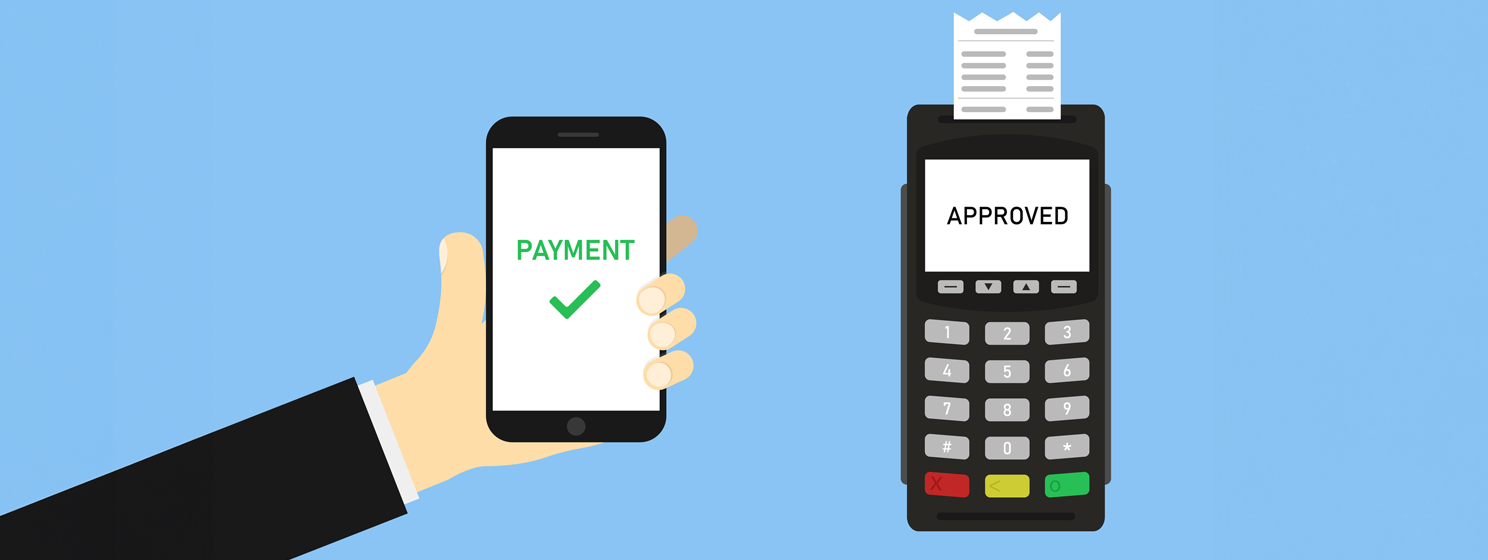|
Getting your Trinity Audio player ready...
|
Michigan has become the latest U.S. state to push digital asset regulations, with four new bills landing in the State Senate to promote BTC mining and ban the looming digital dollar.
With House Bill 4510, the Great Lakes State seeks to pave the way for the state treasurer to invest in digital assets. Introduced by Bill Schuette, the Republican State Rep. for the 95th district, the new bill amends the state’s retirement system investment laws to allow investment in digital assets. However, it limits investment to assets that have averaged a market cap of at least $250 billion over the past calendar year.
The bill also outlines that the state can only hold digital assets as exchange-traded products issued by registered companies. This stipulation comes at a time when spot ETFs have exploded in the U.S. and now hold over $50 billion in assets.
Michigan’s Bureau of Investment, which the state treasurer oversees, held $165 billion by the end of 2024, most of which is from the public retirement systems.
Michigan joins dozens of states racing to implement digital asset reserves in response to a similar push at the federal level by President Donald Trump. In February, two State Senators introduced a bill allowing the Michigan state government to establish a BTC reserve. It limited the investment to 10% of the assets, which would be around $17 billion by the latest figures.
Michigan bans the digital dollar
In the second proposed bill, House Bill 4511, the state seeks to ban the digital dollar, again aligning with Trump’s position against the proposed sovereign digital currency.
The bill “prohibits the advocacy or support through certain actions by certain state governmental officers and entities of a central bank digital currency by the United States government.”
Introduced by Republican Rep. Bryan Posthumus, the bill mirrors dozens of others across the U.S. that have sought to halt any prospective digital dollar at the state level. The earliest opposition came from Florida, where Gov. Ron DeSantis led anti-CBDC campaigns years before Trump’s election.
While several states have advanced bills resisting the digital dollar, the central bank digital currency (CBDC) is unlikely to see the light of day under the Trump presidency. Upon retaking office earlier this year, Trump signed an executive order prohibiting the Fed from launching a CBDC, which he argued “threatens the stability of the financial system.”
Beyond the CBDC, the same bill also prohibits Michigan from banning digital assets or denying licenses to holders. The state must also not prohibit the operation of blockchain nodes or participation in staking.The other two bills, House Bill 4512 and House Bill 4513, focus on block reward mining. The first will permit the revival of abandoned oil and gas wells to mine BTC, and the second will expand the tax laws to accommodate income from such mining activities. The miners would shoulder the costs of well restoration, with the State’s Supervisor of Wells having jurisdiction over the sector.
The block reward mining bills come amid a rise in anti-mining campaigns across the U.S. and beyond by local communities. In dozens of ongoing lawsuits, these communities have accused miners of noise pollution, which they say is pushing them away from their homes.
Russia pushes miners to the north amid power shortages
Meanwhile, in Russia, the Ministry of Energy plans to push BTC miners to the northern regions as it navigates power shortages in the more densely populated eastern and southern regions.
In an interview with state-owned news agency TASS, Deputy Minister Yevgeny Grabchak revealed that the government intends to incentivize miners to relocate to the north. Russia’s north is the least populated region, with harsh weather—especially its severe winters—mostly to blame. However, the region also has the most abundant natural resources, including oil and gas.
“[The north] is where we can think about something with miners, put them there and consider the possibility of a network tariff. But this is not a benefit as such, but a different principle of tariff formation,” the minister stated.
In particular, the ministry intends to relocate the miners to power grid centers whose capacity was previously used to mine oil.
Repurposing unused or excess electricity to mine digital assets is becoming common globally. The U.S., Pakistan, Japan and Germany are among the countries that have announced new initiatives to leverage the surplus capacity to mine BTC.
Watch: Finding ways to use CBDC outside of digital currencies

 03-04-2026
03-04-2026 




